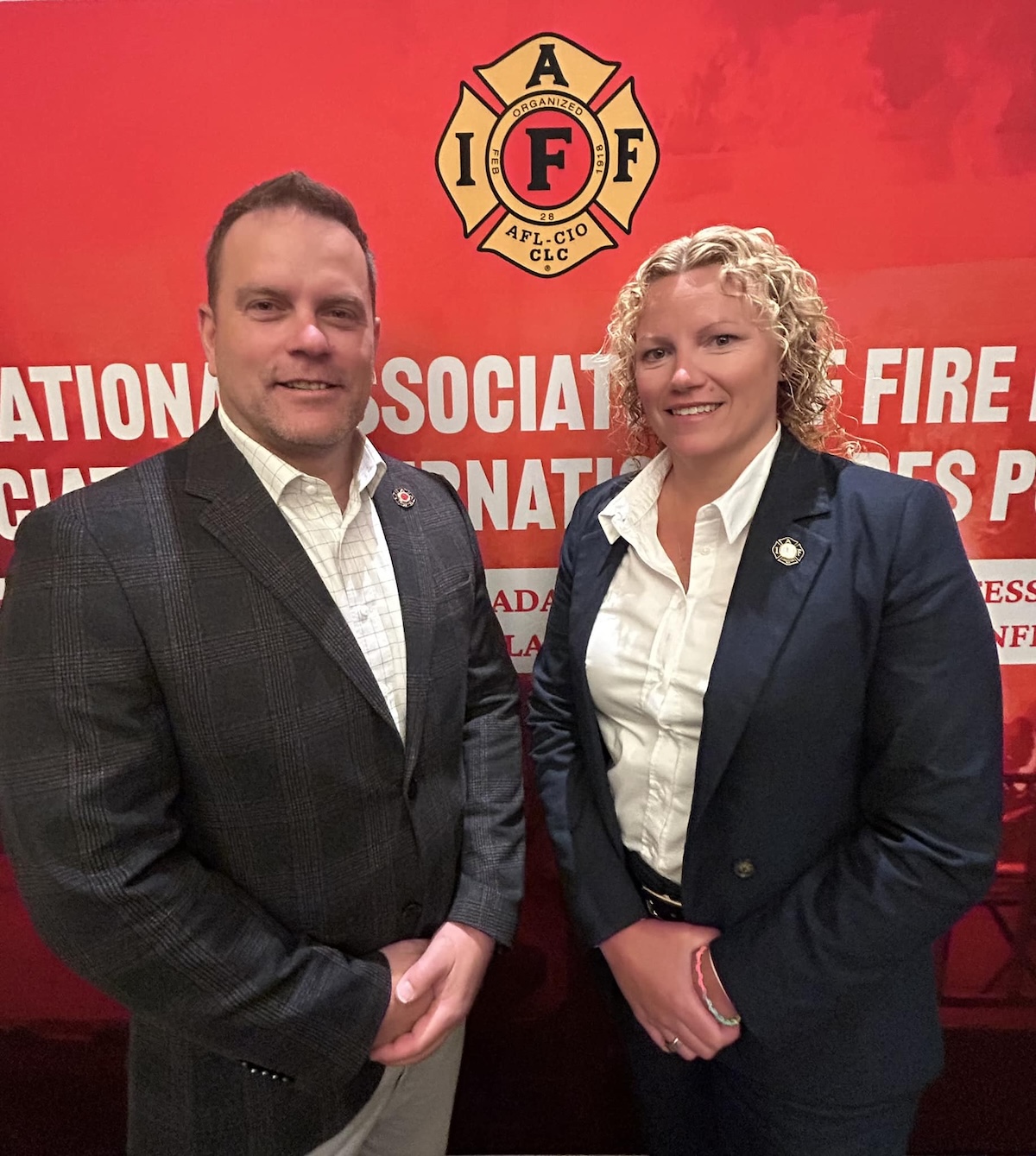Repealing the Windfall Elimination Provision (WEP) and Government Pension Offset (GPO) provisions – responsible for reducing Social Security benefits for certain IAFF members – remains a top priority at the International, despite obstacles proponents face in Congress.
“This IAFF knows how important eliminating these unfair provisions is for our members and other hard-working public servants who dedicated their lives to the community,” said General President Edward Kelly. “They should not be penalized and denied the money they paid into Social Security. We will continue the fight to right this wrong.”
While most IAFF members do not pay into Social Security, some qualify for benefits through secondary occupations or spousal benefits. The WEP and GPO lead to reduced benefits for these members since they did not pay into Social Security through their primary jobs as fire fighters.
Resolution 27, successfully adopted at the 2022 IAFF Convention, aimed to stop these unfair benefit cuts. It called on the IAFF to collaborate with relevant stakeholders to champion federal legislation to eliminate Social Security offsets.
The IAFF has been working with a coalition of unions, including the American Federation of Teachers, the Fraternal Order of Police, and the American Federation of State, County, and Municipal Employees, to generate support for H.R. 82 and S. 597. As a result, the legislation has received more than 280 cosponsors.
The legislation remains stalled in the House Ways and Means Committee and the Senate Finance Committee, respectively, primarily due to the estimated expense of $150 billion over the next 10 years. Additionally, there has been little progress toward devising a workable plan to cover the cost.
The IAFF will continue to push for the repeal and seek viable solutions. Meanwhile, members are encouraged to visit the IAFF’s new advocacy page, which provides the opportunity to communicate directly with congressional leaders, pressuring them to be more proactive in advancing H.R. 82 and S. 597.



